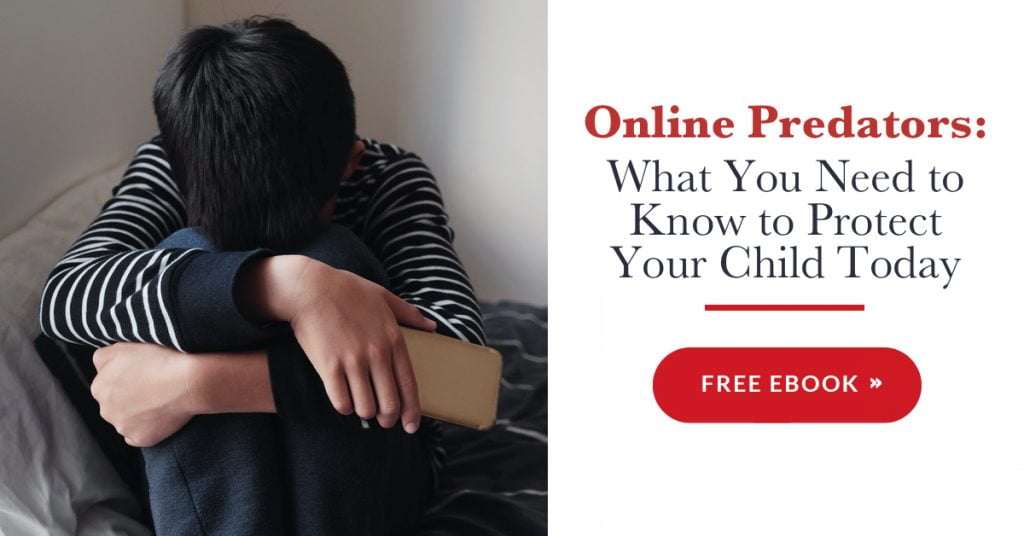Over the past few weeks, the Beau Biden Foundation’s Program Director, Claudine Wiant has spoken with over five hundred 3rd through 8th-grade students at the Sisters Academy of Baltimore, MD, Holy Cross in Dover, DE, and St. John the Beloved in the Wilmington, DE about online safety.
They talked about how children can get themselves in trouble online (i.e. cyberbullying, posting inappropriately) and how they also make themselves vulnerable to online predators through oversharing, the settings on their device/platform, and who they “friend/follow.”
Claudine also polled the students about their experiences with online solicitations and their responses were jaw-dropping. Here’s what she shared:
- Claudine asked children starting in the 3rd grade if anyone has ever sent them anything inappropriate and even the 8- and 9-year-olds raised their hands about 50% of the time. This aligns with what our partners, the National Center for Missing and Exploited Children are telling us – the first time our children will receive an online solicitation is at age 9.
- When asked if the students have ever sneaked online while their parents thought they were asleep, nearly all 500 of them admitted they had.
- When asked if a stranger had ever requested a pic online, nearly 80% of them had. Many admitted they were playing an innocent game of Roblox or a similar platform. Some admitted they lied about their age to log into Instagram and were approached there. And others confirmed they were solicited on TikTok.
- In taking the conversation further, Claudine asked if they would ever make a deal with a stranger online. She asked, “If a stranger offered to send you $50 to a Zell or Venmo account (so no one would find out) in exchange for a picture of your toes, would you say ‘yes.'” Almost every hand shot up – enthusiastically.
These findings are jarring. It is critical for adults to continue the conversation. Ask questions and remain open with your walls down. A child’s number one fear is that their parents and caregivers will banish them from the online world while every parent’s number one fear is that harm would ever come to our children.
Adolescents admit they listen to their parents more than anyone else, including their friends. Communicate your expectations for their online use, and then follow the parameters yourself. Let them know you understand they are going to make mistakes both in life and online, and that it’s okay because we can fix it together. You can get the conversation started by downloading our Electronic Device Agreement – a contract that helps outline online safety expectations for you and your children
One last note: Increasingly, children are complaining that their parents and caregivers are too distracted to talk to and most of the time – because we are on our own devices. Breakaway to play catch, a game of chess, take a walk or try a new recipe together. These are all perfect times to talk about their online life. Try asking them, “what is the funniest thing you saw online today?” Saying and meaning that you are interested in what they are seeing and hearing will fuel their motivation to open up to you.

Want to learn how to protect children from online predators?
There are 500,000 child predators online every day. Keeping tabs on a child’s digital life can be daunting. You can help protect children and combat predators online with the Beau Biden Foundation’s FREE series of eBooks. Download Now at www.BeauBidenFoundation.org/eBooks.

Wondering how to protect a child from an online predator?
How confident are you that your child knows what to do when solicited by a predator? How comfortable are you talking to your children about online predators? Online Predators: What You Need To Know To Protect Your Child Today will help you understand how online predators hunt, lure and groom a child for future abuse – so that you can protect your child from a lifetime of trauma. Download it here: www.BeauBidenFoundation.org/OnlinePredators.
